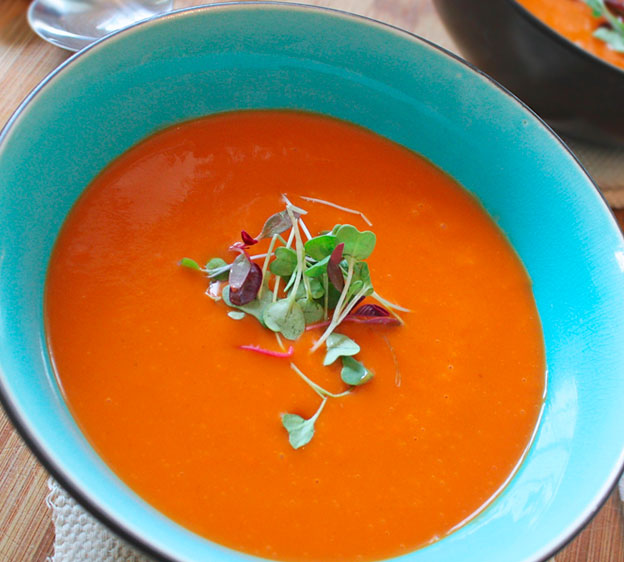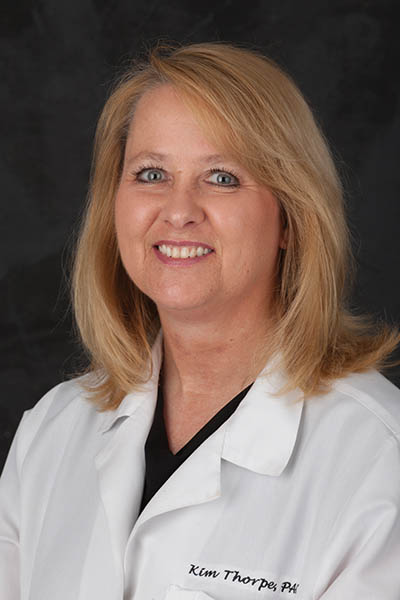
If you’re 45, it’s time for you to get your first colonoscopy screening for colorectal cancer. Colonoscopies are one of the best tools for detecting colorectal cancer early because they allow doctors to find, and even remove, polyps, often before colorectal cancer has spread to other parts of your body. Early detection means you have more options for treatment and a better prognosis.
However, colonoscopies have a reputation for being unpleasant because of all the prep they require. But colonoscopy prep diets are not hard to follow and require few major changes — and the effort more than pays off in terms of your long-term health.
Read More: At-Home Colon Cancer Tests Vs. Colonoscopies
Eat a Low-Fiber Diet
The biggest dietary change that comes with prepping for a colonoscopy is reducing your fiber intake, says Kim Thorpe, PA-C, at Beaufort Memorial Lowcountry Medical Group.
“You need to start a low-fiber diet at least five to seven days beforehand,” she says. “That means avoiding any poorly digested foods, such as corn, nuts and raw stringy vegetables.”
These foods contain insoluble fiber, which can make it harder for the bowels to be fully clean before the scope goes inside. Other high-fiber foods you should avoid include beans, whole grains and cruciferous vegetables, such as broccoli, cauliflower and Brussels sprouts — but remember these changes are temporary. High-fiber diets have been linked to lower rates of colorectal cancer.
What can you eat? Tender or ground meat, including seafood, is OK, as are tofu and skinless potatoes. You can also eat eggs, as well as limited amounts of dairy. Choose bread, pasta and crackers made with refined white flour and white rice over brown rice.
Read More: How to Prep for a Colonoscopy
Transition to Clear Liquids
In the 24 hours before your colonoscopy, you will need to consume nothing but clear liquids.
“Anything you can see through is good,” Thorpe says. “Black coffee and iced tea, as long as no milk is added, are also fine.”
Broth is a great choice for staying full, she adds, as well as gelatin desserts without any red or purple food dye.
As you get closer to your procedure, your doctor may provide a bowel cleansing solution or ask you to take a laxative to fully empty your bowels. These products often cause diarrhea, which can lead to dehydration, so Thorpe recommends having sports drinks on hand because they have electrolytes that can counterbalance that.
“You really need to be well-hydrated for several days prior to the bowel cleanse part of the prep,” she says. “Dehydration can lead to acute low sodium levels, which can be dangerous.”
All the prep work you do is worth the effort. The clearer your colon and rectum, the easier it is for doctors to see small lesions and polyps that can be removed or biopsied before you develop cancer.
If you are age 45 and older, don’t put off these important tests. Your primary care provider can help you get one scheduled.
Don’t have a provider? Find one accepting new patients.

